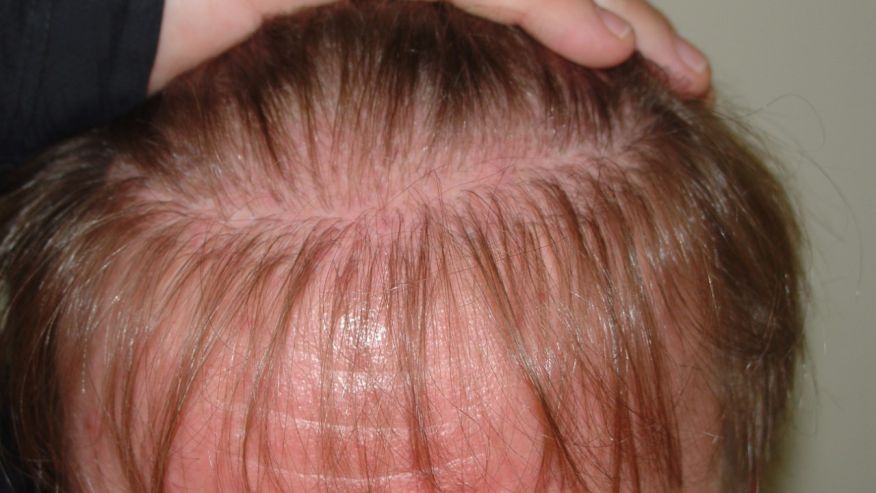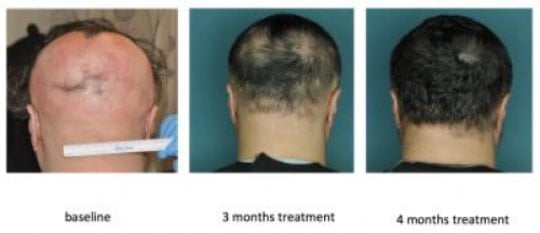
Maneka Gandhi was both right and wrong when she said introducing a law for paternity leave would amount to little more than granting men a paid holiday.
Her point: That men don’t take the leave to which they are already entitled to look after their children, so they were unlikely to avail themselves of a special category of leave for this purpose.
Naturally, she was excoriated by women’s rights activists.
But to unpack her remark, which she modified a couple of days later, you have to appreciate where she’s coming from.
And that is, like all of us in India, from a chauvinistic society in which the burden of child-care, to quite a late age, is borne by the mother.
Ms Gandhi’s point is that the government needs to focus on the basics first, which is delivering better childcare via the maternity Bill before it considers such sophisticated concepts as paternity leave.
And as women and child development minister, she has done some sterling work here in extending maternity leave from 12 weeks to 26 weeks in the organised sector.
There is no legal provision for paternity leave in the private sector, but male civil servants in the central government get 15 days of paternity leave for up to two children.
We don’t know what percentage of new fathers in the bureaucracy opt for such leave, but Ms Gandhi’s long experience in government suggests that she has noted that the number couldn’t be high.
It is small comfort that India can claim parity with the United States on this metric.
A 2012 study of college professors in the US found that only 12 per cent of fathers took paternity leave (note also that the US remains one of the few countries that does not legally mandate paid maternity or paternity leave).
Many of those who did take such leave spent more time working rather than on childcare.
“We heard stories of male academics who took paid post birth leave in order to advance their publishing agendas. Another had taken leave while his child was in full-time day care,” wrote researchers of the University of Virginia and University of Connecticut, which conducted the study.
Ironically, say HR specialists, one compelling reason for many US corporations to make generous provisions for paternity leave – some, like Yahoo!, offer as much as eight weeks – is that fathers rarely avail of it.
It becomes, therefore, a low-cost way for a company to acquire a progressive image.
In India, many large corporations – and the IT industry honourably leads the way – go significantly beyond the law in terms of the perquisites and work-time flexibility extended to new and expectant mothers, and paternity and parental leave figures prominently in the mix.
Again, we don’t know what percentage of new fathers in the Indian corporate sector take their parental responsibilities seriously enough to use the leave.
It is possible that Ms Gandhi’s observations apply to them as well. But that is a poor reason not to include it in labour legislation.
For one, the expansion of nuclear families in urban India often requires husbands and wives to work, so it is only right that men should be given time out to shoulder some of the parental burdens. For another, it flags off a sorely-needed progressive trend.
Sweden is the global leader in terms of parental leave: 60 days plus 420 days to be shared by the parents.
Yet 40 years ago, when the scheme was introduced (mainly to reverse falling population growth), men took less than one per cent of their entitlement.
Today, almost 90 per cent of Swedish fathers take parental leave, and any visitor to the country will attest to the sight of young men baby-sitting in parks and public places. No surprise that Sweden has one of the world’s narrowest gender gaps.
So, Ms Gandhi was right to say paternity leave could be misused.
In the short term, that’s probably going to be the case. But she is wrong not to introduce it in law.
It could, as Sweden’s experience has shown, mark the start of progressive social change in a country where the status of women is not to be envied.
[source;rediff.com]





















